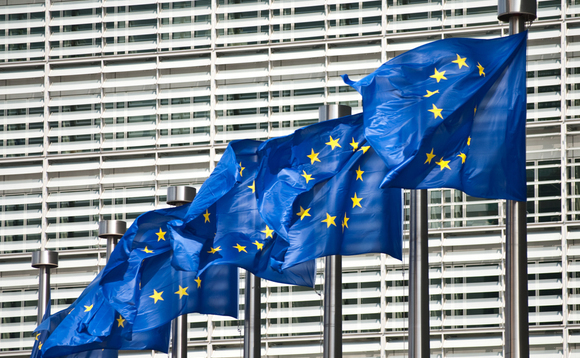
Revision of pension funds directive threatens PE industry

Proposed changes to the regulatory requirements of European pension funds could lead to a loss of more than a third of investments in funds, leaving the private equity industry wary. Anneken Tappe reports
The EU is proposing changes to the directive on Institutions for Occupational Retirement Provision (IORP) that would impose Solvency II-like capital requirements on funds of occupational retirement schemes. As pension funds represent more than one third of the private equity and venture capital investor base (including funds-of-funds), the proposal has led to an outcry from the industry.
"In the past four years, more than €50bn of private equity and venture capital investments came from pension funds," says EVCA chairman Karsten Langer.
Imposing capital requirements on pension funds would almost certainly lead to a decrease in investments in non-government assets, namely private equity and venture capital. Furthermore, it seems arbitrary to subject insurers and pension funds to similar quantitative requirements, considering their very different structures and motives.
While insurance companies are mostly ROI-driven, the Solvency requirements provide a degree of security for consumers – even if these may be considered too strict and detrimental to their previous investment strategies. Pension funds on the other hand, and more specifically IORPs, which are contingent on the terms of employment, make long-term investments motivated by minimising financial impact on the employer.
"Liabilities of pension funds are extremely easy to predict reliably," says Langer, which is why the security argument of the Solvency provision does not hold in the case of pension funds.
"This change [in the IORP directive] could have a very damaging effect on these institutions' ability to meet pension obligations and have a negative impact on economic growth," Langer continues.
This impact on growth relates to the diminished force of private equity investments to support SMEs in the event of losing pension funds as an investor group. As with other regulations that decrease the amount of money invested in alternative assets, the industry fears that up to 36% of funds raised could disappear due to the policy change.
According to European authorities CEA (European insurance and reinsurance federation) and EIOPA (European Insurance and Occupational Pensions Authority), there are around 5,000 insurance companies and 140,000 pension funds active in Europe. However, only 84 pension funds operate across borders. Under Solvency II, insurance companies can build internal models to weigh risky assets and assign less risk to long-term private equity investments, but pension funds are unlikely to have the resources to do so.
EVCA reports that the sale of banks' private equity portfolios at a market discount has led to a value erosion of up to €4bn in recent years. The drastic policy change for pension funds could easily surpass that amount considering their position in the industry.
EIOPA has called for a reaction from parties concerned by the issue and will submit its final advice to the European Commission on 15 February 2012. Following a quantitative impact study – the importance of which many industry players stressed in their consultations – a revised IORP Directive could be adopted in 2013/2014.
Find the press release on EVCA's reaction to the proposal here.
Latest News
Stonehage Fleming raises USD 130m for largest fund to date, eyes 2024 programme
Sponsor acquired the public software group in July 2017 via the same-year vintage Partners Group Global Value 2017
Stonehage Fleming raises USD 130m for largest fund to date, eyes 2024 programme
Czech Republic-headquartered family office is targeting DACH and CEE region deals
Stonehage Fleming raises USD 130m for largest fund to date, eyes 2024 programme
Ex-Rocket Internet leader Bettina Curtze joins Swiss VC firm as partner and CFO
Stonehage Fleming raises USD 130m for largest fund to date, eyes 2024 programme
Estonia-registered VC could bolster LP base with fresh capital from funds-of-funds or pension funds








